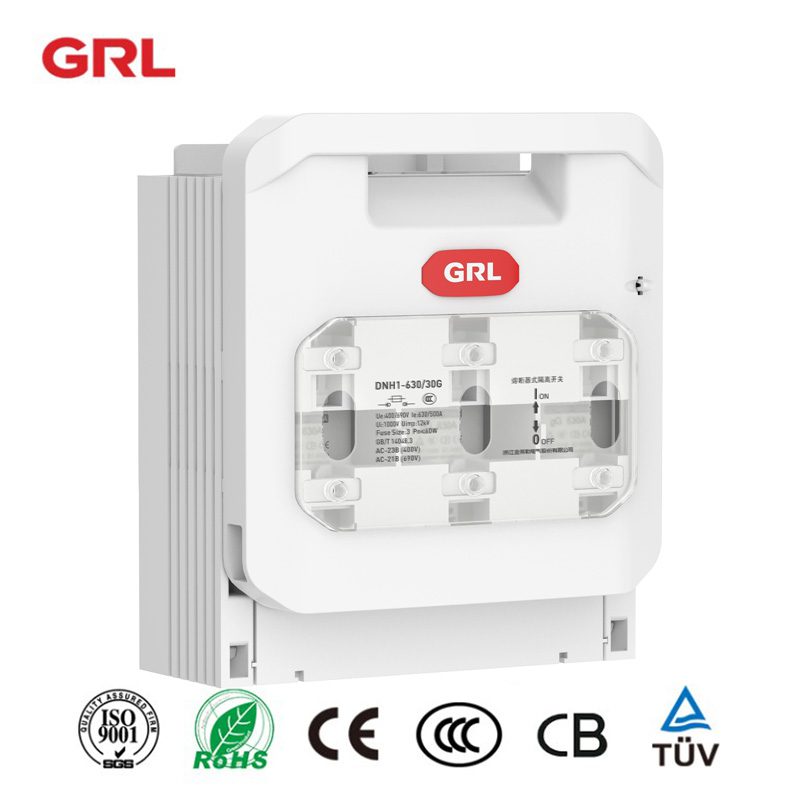
# Fuse Isolator: Essential Component for Electrical Safety
## What is a Fuse Isolator?
A fuse isolator is a crucial electrical device designed to provide both protection and isolation in electrical circuits. This dual-function component combines the features of a fuse and an isolator switch, making it an indispensable part of modern electrical systems.
The primary purpose of a fuse isolator is to protect electrical circuits from overcurrent conditions while also allowing for safe isolation when maintenance or repairs are required. This combination of functions makes it more efficient than using separate fuse and isolator components.
## How Does a Fuse Isolator Work?
The operation of a fuse isolator is based on two fundamental principles:
– Protection: When excessive current flows through the circuit, the fuse element melts, breaking the circuit and preventing damage to equipment or wiring.
– Isolation: The isolator switch allows manual disconnection of the circuit for maintenance purposes, providing a visible break in the circuit.
This dual functionality ensures that electrical systems remain safe during both normal operation and maintenance procedures.
## Key Features of Fuse Isolators
Keyword: Fuse Isolator
Modern fuse isolators come with several important features that enhance their performance and safety:
– Visible isolation gap for verification of circuit status
– Lockable operation to prevent unauthorized access
– High breaking capacity to handle large fault currents
– Clear indication of fuse status (blown or intact)
– Robust construction for long service life
## Applications of Fuse Isolators
Fuse isolators find applications in various electrical installations:
– Industrial control panels
– Commercial building electrical distribution
– Machine tool protection
– Motor control circuits
– Power distribution boards
Their versatility makes them suitable for both low voltage and medium voltage applications, depending on the specific model and design.
## Benefits of Using Fuse Isolators
The integration of fuse and isolator functions provides several advantages:
– Space saving in electrical enclosures
– Reduced installation time and cost
– Improved safety during maintenance
– Simplified circuit design
– Easy identification of fault conditions
## Selection Criteria for Fuse Isolators
When choosing a fuse isolator for your application, consider these factors:
– Voltage rating (must match or exceed system voltage)
– Current rating (should accommodate normal operating current)
– Breaking capacity (must handle potential fault currents)
– Environmental conditions (temperature, humidity, etc.)
– Compliance with relevant safety standards
## Maintenance and Safety Considerations
Proper maintenance of fuse isolators is essential for continued safe operation:
– Regular visual inspection for signs of damage or overheating
– Verification of proper operation through periodic testing
– Replacement of fuses only with identical ratings
– Ensuring proper torque on all connections
– Following lockout/tagout procedures during maintenance
Always consult the manufacturer’s instructions for specific maintenance requirements and safety precautions.
## Conclusion
Fuse isolators play a vital role in ensuring electrical safety by combining protection and isolation functions in a single device. Their widespread use across various industries demonstrates their effectiveness in preventing electrical hazards and facilitating safe maintenance procedures. By understanding their operation, features, and proper selection criteria, electrical professionals can ensure optimal performance and safety in their installations.